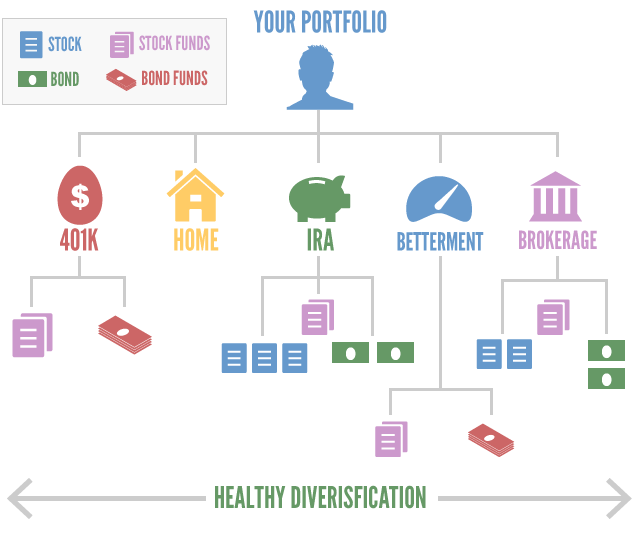If the idea of buying the stock exchange terrifies you, you are not alone. People with very limited experience in stock investing are either horrified by scary stories of the average financier losing 50% of their portfolio valuefor example, in the two bearishness that have actually currently occurred in this millennium or are beguiled by "hot tips" that bear the guarantee of substantial benefits marioivhk500.bearsfanteamshop.com/investing-for-beginners-an-introductory-guide-to-investing however seldom settle.
The truth is that buying the stock market carries risk, but when approached in a disciplined way, it is one of the most effective ways to build up one's net worth. While the value of one's home usually accounts for the majority of the net worth of the typical specific, the majority of the wealthy and really rich generally have the bulk of their wealth invested in stocks.
Secret Takeaways Stocks, or shares of a business, represent ownership equity in the firm, which offer investors voting rights as well as a residual claim on corporate revenues in the type of capital gains and dividends. Stock markets are where private and institutional investors come together to purchase and offer shares in a public location.
For example, a specific or entity that owns 100,000 shares of a company with one million outstanding shares would have a 10% ownership stake in it. The majority of business have impressive shares that run into the millions or billions. Common and Preferred Stock While there are two primary types of stockcommon and preferredthe term "equities" is synonymous with typical shares, as their combined market worth and trading volumes are numerous magnitudes bigger than that of preferred shares.

Preferred shares are so named since they have preference over the common shares in a company to receive dividends in addition to assets in the occasion of a liquidation. Common stock can be additional categorized in regards to their voting rights. While the basic premise of typical shares is that they must have equivalent ballot rightsone vote per share heldsome companies have double or several classes of stock with different ballot rights connected to each class.